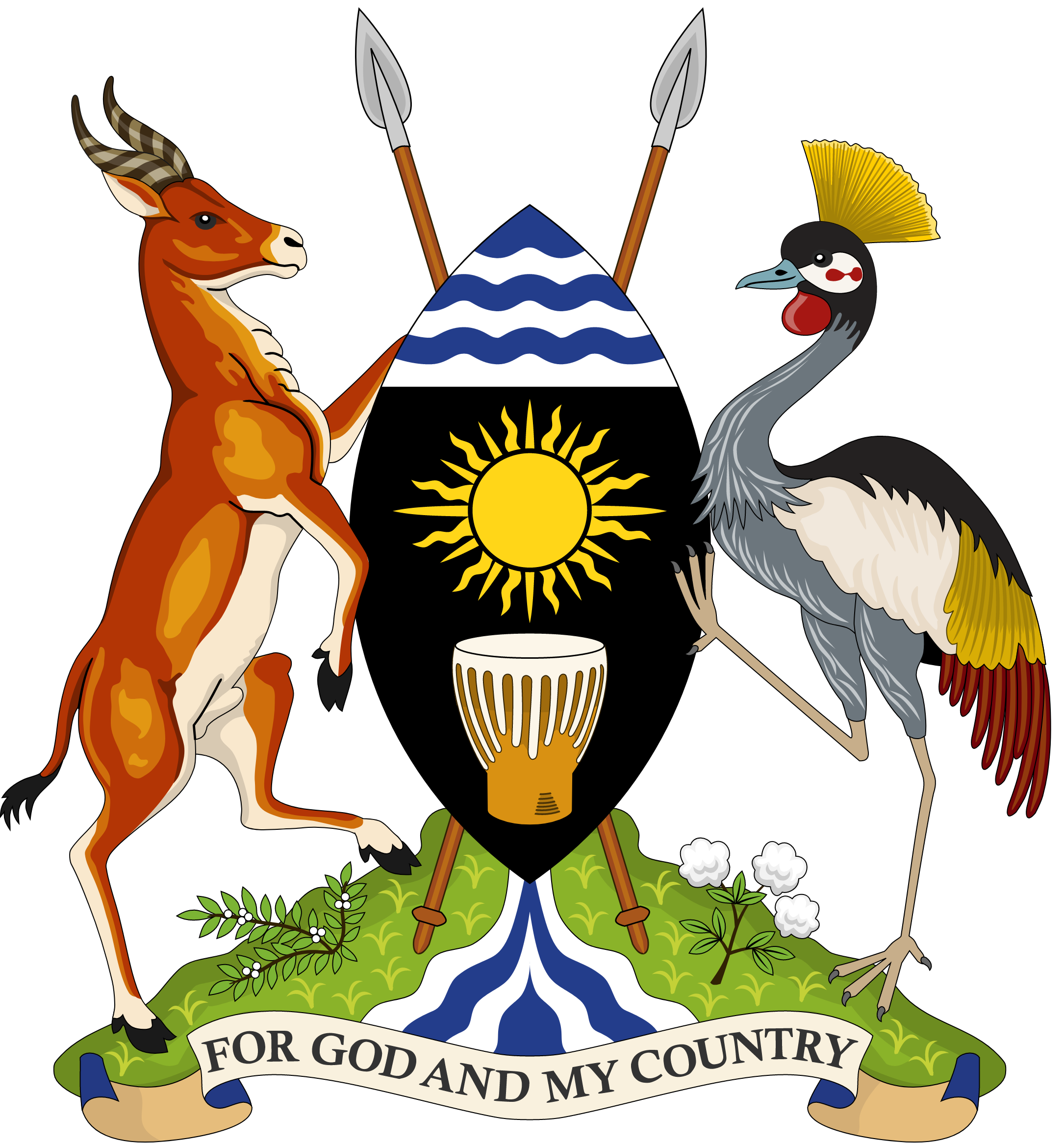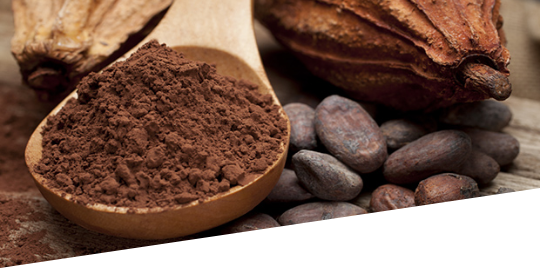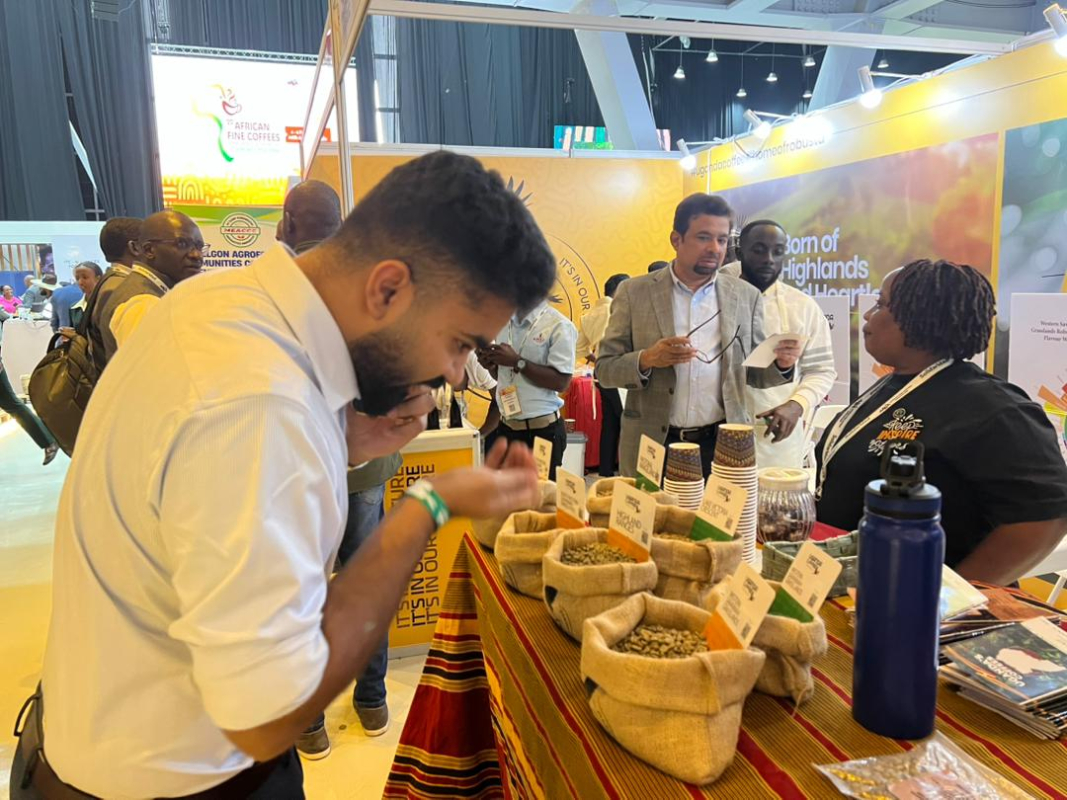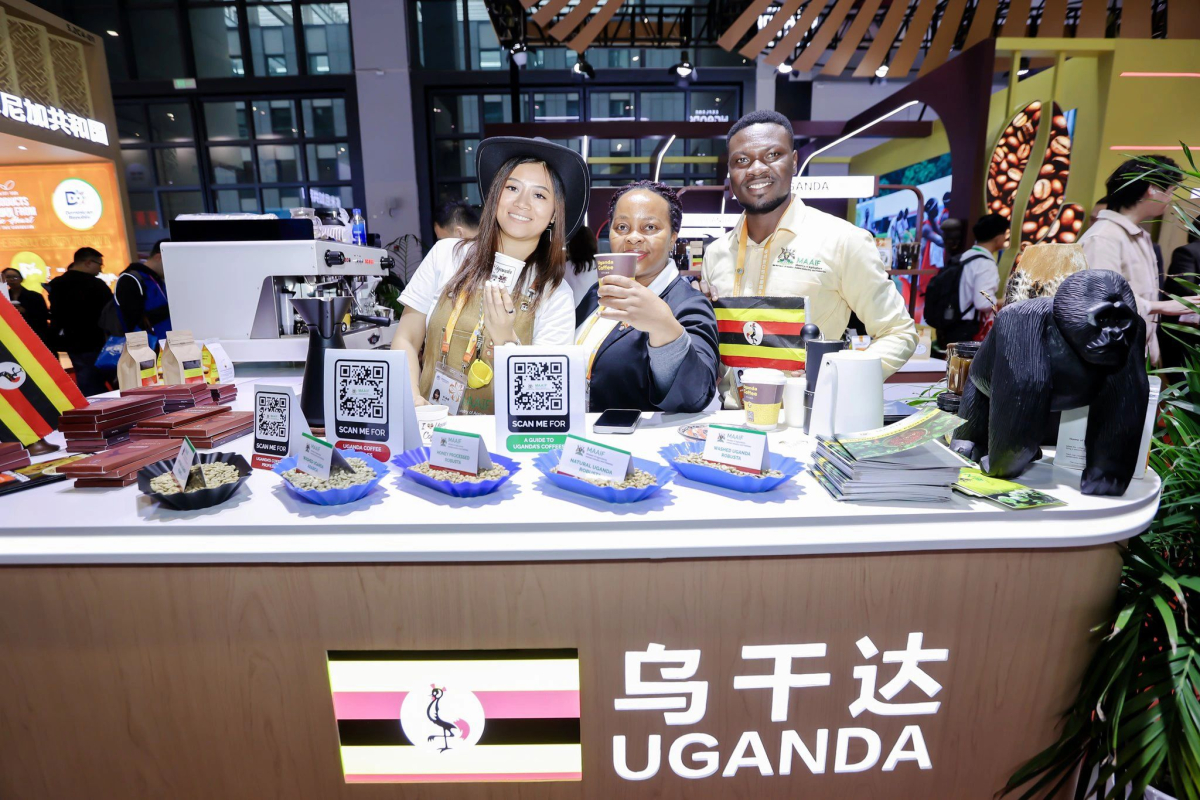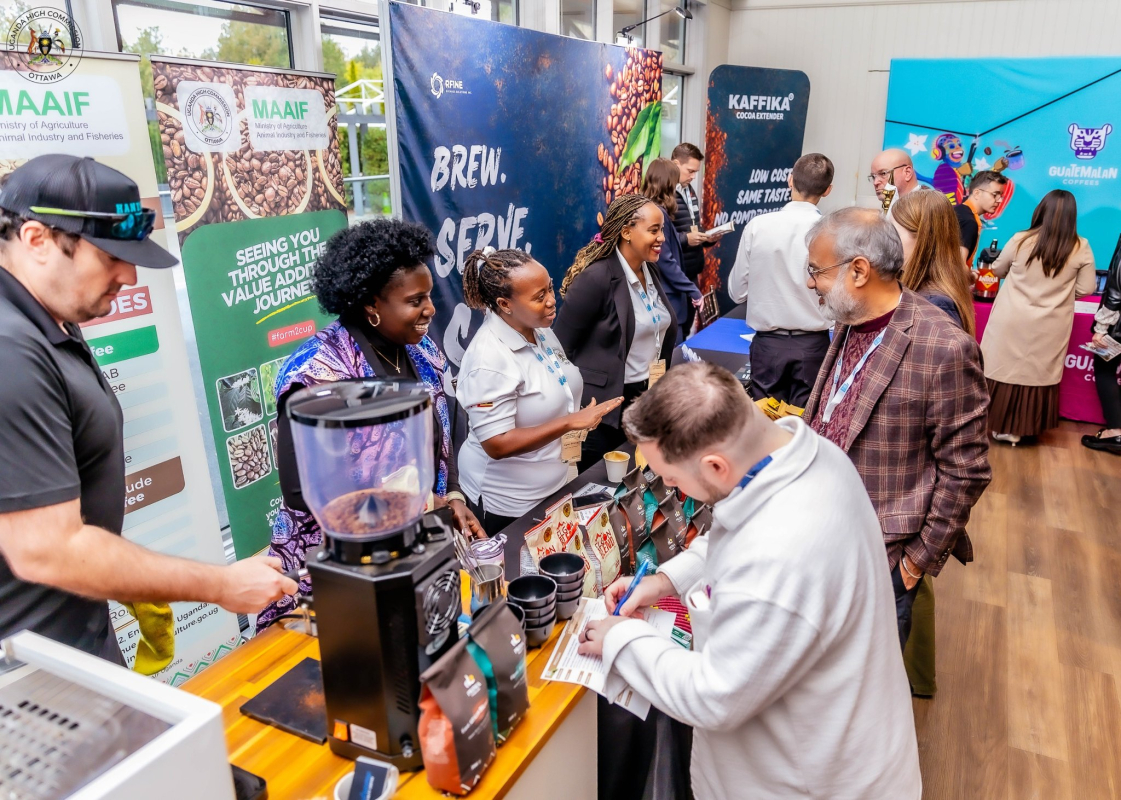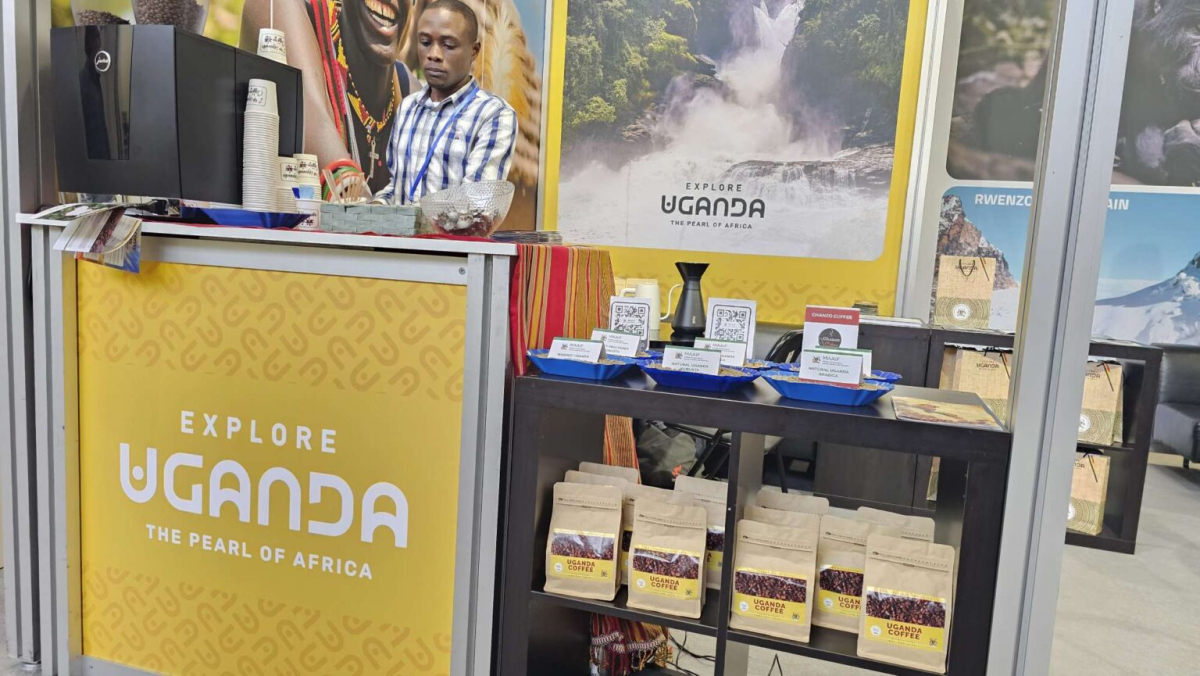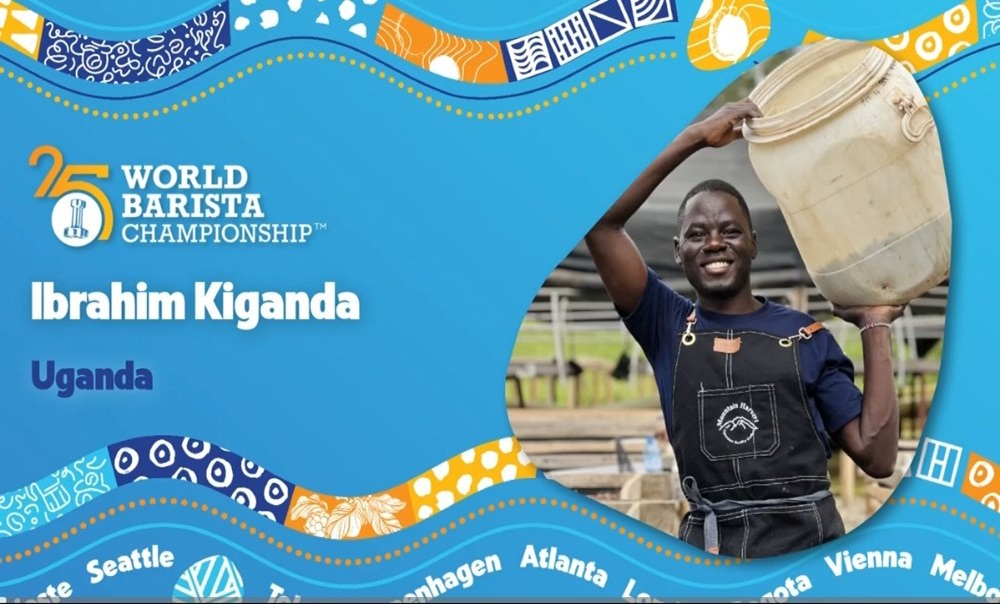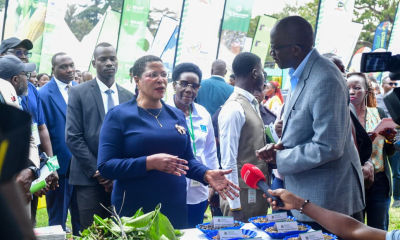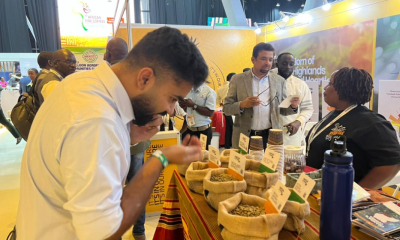2026 Harvest Money Expo in Kololo
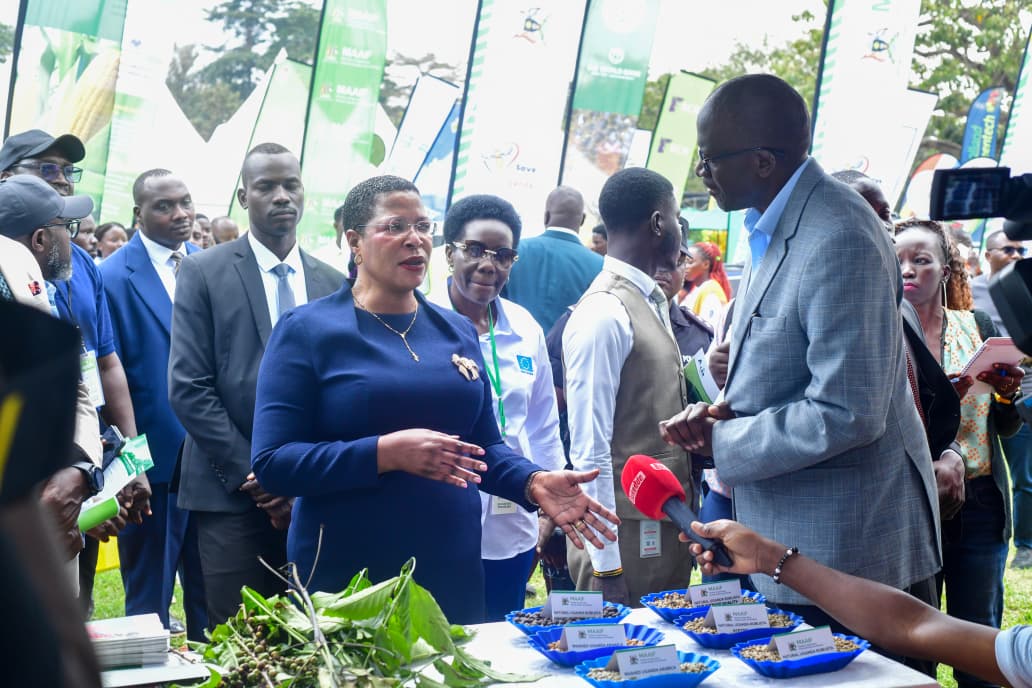
The Speaker of Parliament, Hon. Anita Among today toured MAAIF Village at the ongoing 2026 Harvest Money Expo in Kololo, where she engaged with scientists from the Ministry of Agriculture, Animal Industry and Fisheries (MAAIF).
She expressed delight at the clear and practical explanations offered by the scientists, noting the importance of their innovations in driving Uganda’s agricultural transformation.
The Speaker commended MAAIF for showcasing technologies that empower farmers, enhance food security, and strengthen the agricultural value chain.
She was accompanied by the Under Secretary, Mrs. Aacha Mary Orikiriza and the Assistant Commissioner for Information and Communication, Mrs. Consolata Acayo.
Her visit underscores Parliament’s commitment to supporting initiatives that promote modern farming practices and sustainable agricultural development.
